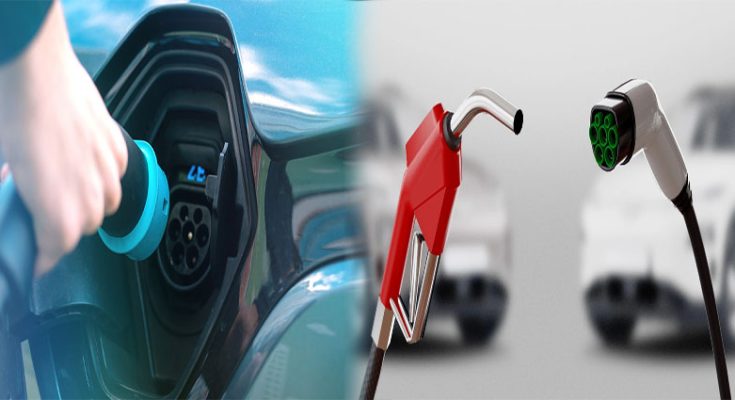With the rapid advancements in technology and growing environmental concerns, the shift towards electric vehicles (EVs) has gained significant momentum in recent years. As more consumers and governments embrace sustainable transportation options, it’s essential to explore the advantages of electric vehicles over traditional internal combustion engine (ICE) cars.
Environmental Impact
One of the most compelling advantages of electric vehicles is their significantly lower environmental impact compared to traditional cars. EVs produce zero tailpipe emissions, reducing air pollution and contributing to improved air quality. This is especially important in urban areas where air pollution can have detrimental effects on public health and the environment. Additionally, as the electricity grid becomes greener with increasing renewable energy sources, the overall carbon footprint of electric vehicles continues to decrease.
Lower Operating Costs
Electric vehicles offer lower operating costs compared to traditional cars powered by internal combustion engines. EVs have fewer moving parts, resulting in lower maintenance requirements and reduced wear and tear. Additionally, the cost of electricity for charging an EV is often considerably lower than the cost of gasoline or diesel fuel, leading to substantial savings over the vehicle’s lifetime.
Energy Efficiency
Electric vehicles are inherently more energy-efficient than traditional cars. While gasoline-powered cars waste a significant amount of energy through heat and friction, electric vehicles can convert a higher percentage of the energy from the grid into forward motion. This efficiency translates to a longer driving range on a single charge and a reduced overall energy consumption compared to traditional vehicles.
Performance and Driving Experience
Modern electric vehicles offer impressive performance and a superior driving experience. Electric motors deliver instant torque, providing quick acceleration and smooth power delivery. This results in a responsive and enjoyable driving experience, especially in stop-and-go city traffic. Additionally, the quiet and vibration-free operation of electric vehicles enhances overall comfort for both drivers and passengers.
Government Incentives
Many governments around the world offer incentives and rebates to encourage the adoption of electric vehicles. These incentives can include tax credits, grants, or subsidies for purchasing an electric vehicle, as well as benefits such as reduced registration fees and access to carpool lanes. These incentives can significantly offset the upfront cost of electric vehicles and make them more financially accessible to consumers.
Advancements in Charging Infrastructure
The ongoing development of charging infrastructure has significantly improved the practicality and convenience of electric vehicles. Public charging stations are becoming more prevalent, allowing EV owners to top up their vehicle’s battery while on the go. Additionally, advancements in fast-charging technology are reducing the time required for recharging, further enhancing the appeal of electric vehicles.
The advantages of electric vehicles over traditional cars are numerous and compelling. From environmental benefits to lower operating costs and improved driving experiences, EVs represent a promising and sustainable alternative to conventional gasoline-powered vehicles. As advancements in battery technology and infrastructure continue to evolve, electric vehicles are poised to play a pivotal role in shaping the future of transportation, creating a cleaner and more sustainable mobility landscape for generations to come.





